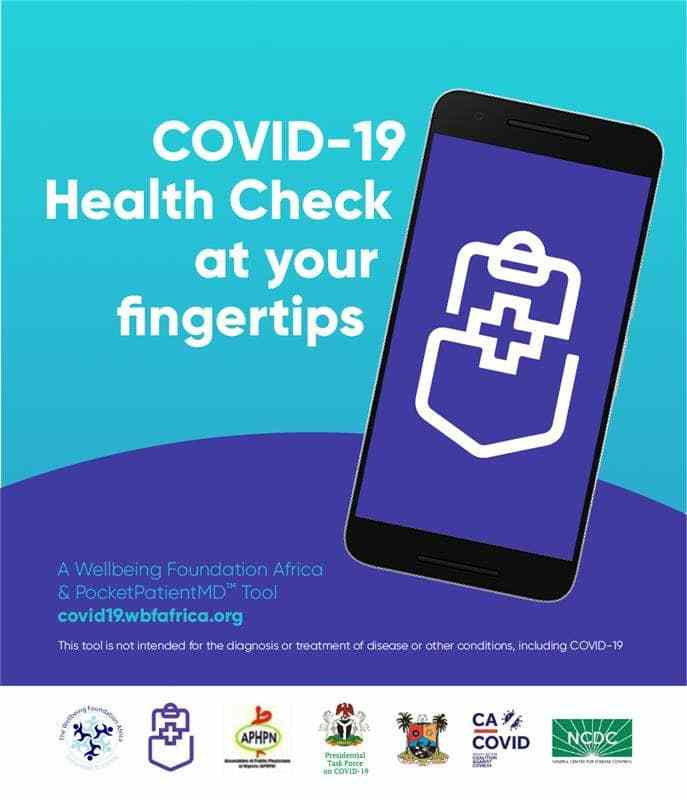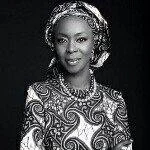Global Advisory Board, World Humanitarian Forum
Dedicated Philanthropist
Global Advocate of the United Nation’s Every Woman Every Child Campaign
Global Advocacy
WHO Foundation Inaugural Global Health Ambassador
Global Advocacy
MIT Solve Challenge Leader, Maternal and Newborn Health
Global Advocacy
United Nations Population Fund (UNFPA) Family Planning Champion
Global Advocacy
Social Good Moms Maternal Health Hero
Global Advocacy
Devex Universal Health Coverage Global Champion
Global Advocacy
Global Champion for the White Ribbon Alliance for Safe Motherhood
Global Advocacy



